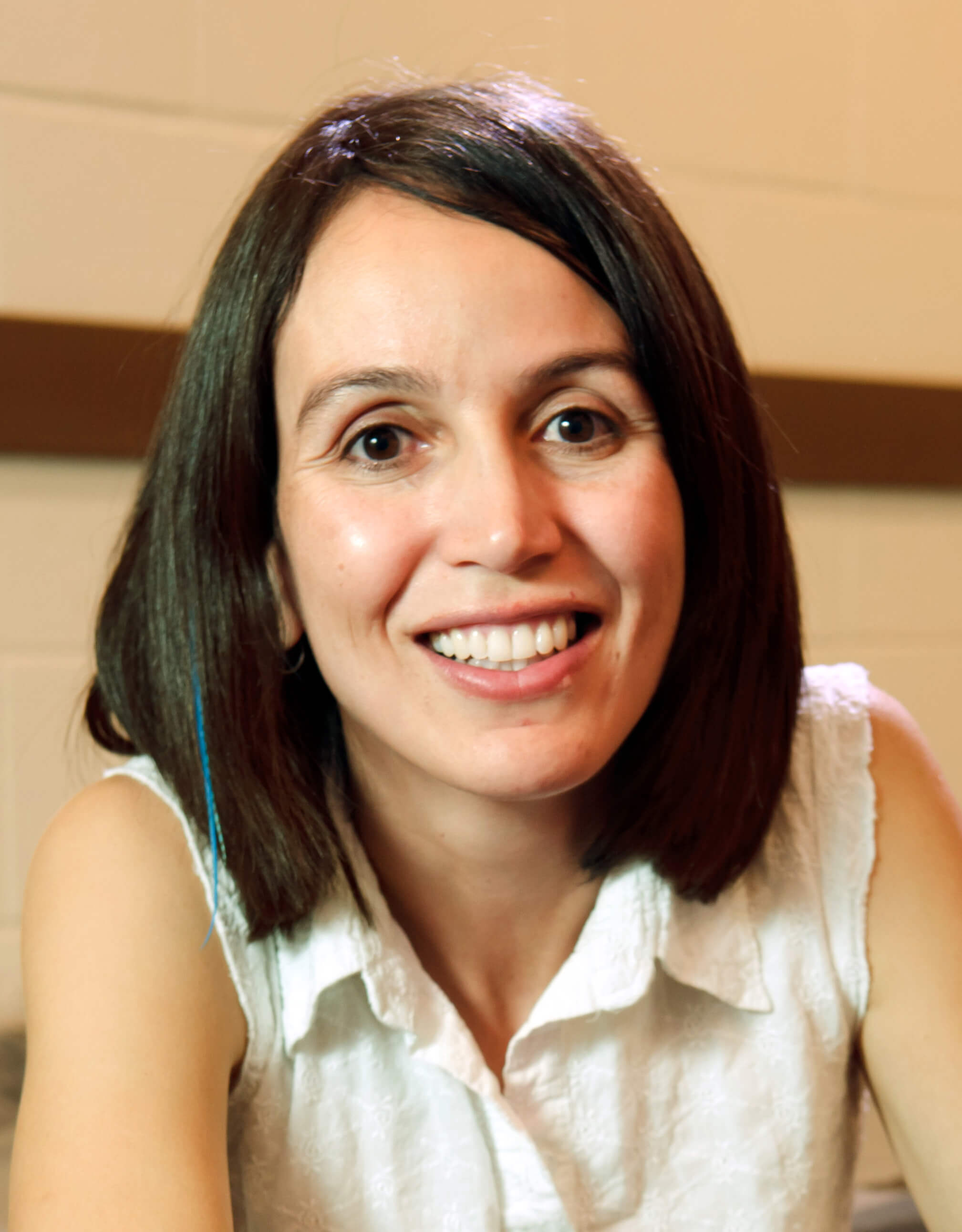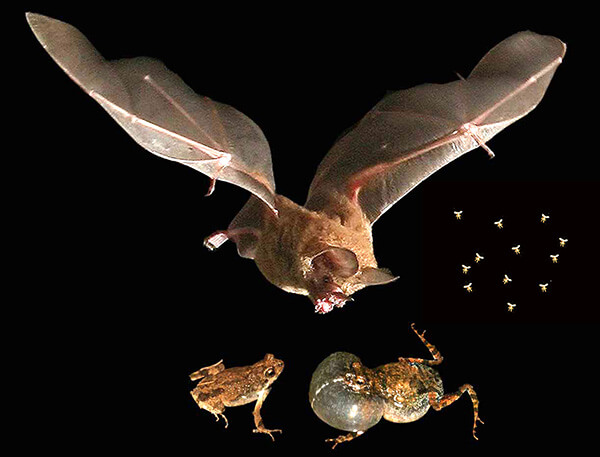March 22, 2017
Science on Tap to focus on ecology, sexual selection and the perils of mating calls in nature
 Ximena Bernal
Ximena Bernal
Download image
WEST LAFAYETTE, Ind. - Purdue University biological sciences professor Ximena Bernal will lead the March edition of Purdue Science on Tap with a talk on ecology, sexual selection and the surprising consequences of mating calls in the wild.
Bernal's talk, titled "Love Bites: Lessons from Túngara Frogs and Frog-Biting Midges about the Ecology and Evolution of Eavesdropping," is at 6 p.m. March 30 on the top floor of Lafayette Brewing Company, 622 Main St., Lafayette. Event sponsors are the Department of Biological Sciences, the College of Science and Discovery Park. The talk is free and open to those 21 and older.
"Over the last 50 years, it has become increasingly obvious that predators and parasites that eavesdrop on the mating signals of their victims are really common," Bernal said. "Predators and parasites used signals emitted by their prey or host, but not originally intended to them, across taxonomic groups. However, there is currently no underlying framework to understand the ecological consequences and evolutionary trajectories of species with this unique behavioral strategy."
 Bats-Frogs-Midges
Download image
Bats-Frogs-Midges
Download image
In her talk, Bernal said she will highlight her research into the challenges encountered by male frogs when they produce mating calls to attract a mate, but the calls also make them susceptible to eavesdroppers that attack them. In particular, she will discuss the story of túngara frog males, their efforts to attract females and how they are attacked by frog-biting midges and frog-eating bats.
"I will discuss the sensory ecology of the frogs and the eavesdroppers addressing their interactions and ultimately the selective pressures female frogs and midges impose on male túngara frogs," she said. "The audience will learn about ecology, sexual selection, frogs, bats and midges."
Bernal, who received her doctoral degree in ecology, evolution and behavior from the University of Texas at Austin in 2007, focuses her research on animal communication, addressing questions about signal function and evolution by performing experiments within a naturalistic context. She received her master's degree in physiology and animal behavior and bachelor's degree in biology, both from the Universidad de Los Andes in Bogotá, Colombia.
Science on Tap, led by graduate students Andrew Hesselbrock, Paula Cooper and Carolina Vivas Valencia, provides Purdue faculty and collaborating researchers the opportunity to share research activities in an informal setting with presentations that are designed to appeal to a more general audience. Monthly attendance has averaged 80 during the program's first four years.
Writers: Phillip Fiorini, 765-496-3133, pfiorini@purdue.edu
Sources: Ximena Bernal, 765-494-0127, xbernal@purdue.edu
Carolina Vivas Valencia, cvivas@purdue.edu
Paula Cooper, porourk@purdue.edu
